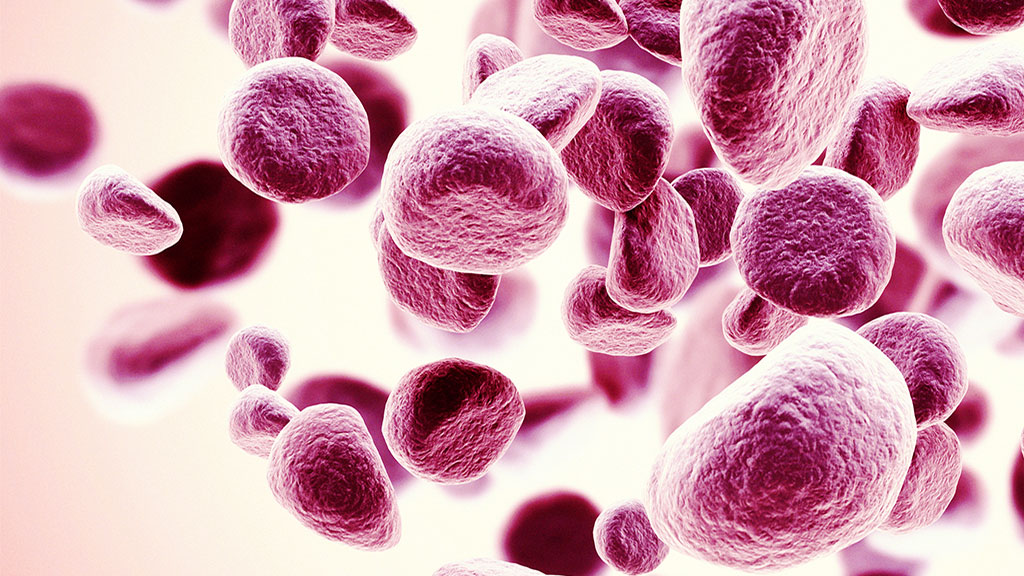Pfizer's haemophilia B gene therapy meets phase 3 primary endpoint

As December 2022 closed out, Pfizer announced positive top-line results from its phase 3 BENEGENE-2 study evaluating fidanacogene elaparvovec (SPK-9001), its investigational gene therapy for treatment of adult males with moderately severe to severe haemophilia B.
Haemophilia is a rare genetic bleeding disorder that causes the blood to take a long time to clot because of a deficiency in one or several blood clotting factors. It is almost exclusively found in males. According to the World Federation of Hemophilia, more than 38,000 people worldwide were living with haemophilia B in 2021.
Pfizer's BENEGENE-2 study met its primary endpoint of non-inferiority and superiority in the annualised bleeding rate (ABR) of total bleeds after a fidanacogene elaparvovec infusion versus prophylaxis regimen with Factor IX (FIX), administered as part of usual care.
SPK-9001 is a novel, investigation vector containing a bio-engineered adeno-associated virus (AAV) capsid (protein shell) and a high-activity human coagulation FIX gene. The purpose of this gene therapy is for those people living with haemophilia B, once treated, to be able to produce FIX via the treatment (a one-time treatment), rather than having to receive regular exogenous FIX.
The results of the phase 3 BENEGENE-2 study demonstrated superiority with a mean ABR for all bleeds of 1.3 for the 12 months from week 12 to month 15 compared to an ABR of 4.43 during the lead-in pre-treatment period of at least six months. This resulted in a 71% reduction in ABR after a single dose of 5e11 vg/kg of fidanacogene elaparvovec.
Key secondary endpoints demonstrated a 78% reduction in treated ABR and a 92% reduction in annualised infusion rate, and SPK-9001 was generally well-tolerated, its safety profile consistent with phase 1 and phase 2 results. The clinical trial participants will be evaluated as part of a long-term study over 15 years.
Dr Chris Boshoff, chief development officer of oncology and rare disease, global product development, at Pfizer, said: “Pfizer has more than 30 years of experience in developing and commercialising therapies for haematological disorders, and a deep understanding of the significant challenges that people living with haemophilia continually face.”
Boshoff continued: “We are extremely appreciative of those [...] participating in the trial and to the investigators contributing to this innovative research, as we work to unlock the full potential of gene therapies for people living with haemophilia.”
Dr Adam Cuker, director of the Penn Comprehensive and Hemophilia Thrombosis Program, said: “The burden people living with haemophilia B face is significant, with many receiving routine infusions or injections which can interfere with their ability to take part in day-to-day activities that many take for granted.”
Cuker continued: “The BENEGENE-2 data [demonstrates] the promise of this gene therapy candidate as a potential one-time option for people living with haemophilia B as a means of reducing the clinical and treatment burden over the long-term.”
SPK-9001 was licensed by Pfizer from Spark Therapeutics pursuant to a December 2014 agreement, under which Spark was responsible for conducting all phase 1 and 2 studies for the gene therapy. Fidanacogene elaparvovec has since been granted breakthrough, regenerative medicines advance therapy (RMAT), as well as orphan drug designation by the FDA and PRIority Medicines (PRIME) and orphan drug designation by the EMA. Additional key data is to be presented at scientific conference early this year.
Pfizer additionally has phase 3 investigational studies in gene therapies for haemophilia A and Duchenne muscular dystrophy. Furthermore, a phase 3 trial is currently ongoing for marstacimab, a potential novel subcutaneous therapy option for both haemophilia A and B, with or without inhibitors.
Meanwhile, CSL’s gene therapy for haemophilia B was recommended for approval by the EMA’s human medicine committee in December 2022, setting up a decision by the European Commission soon.












